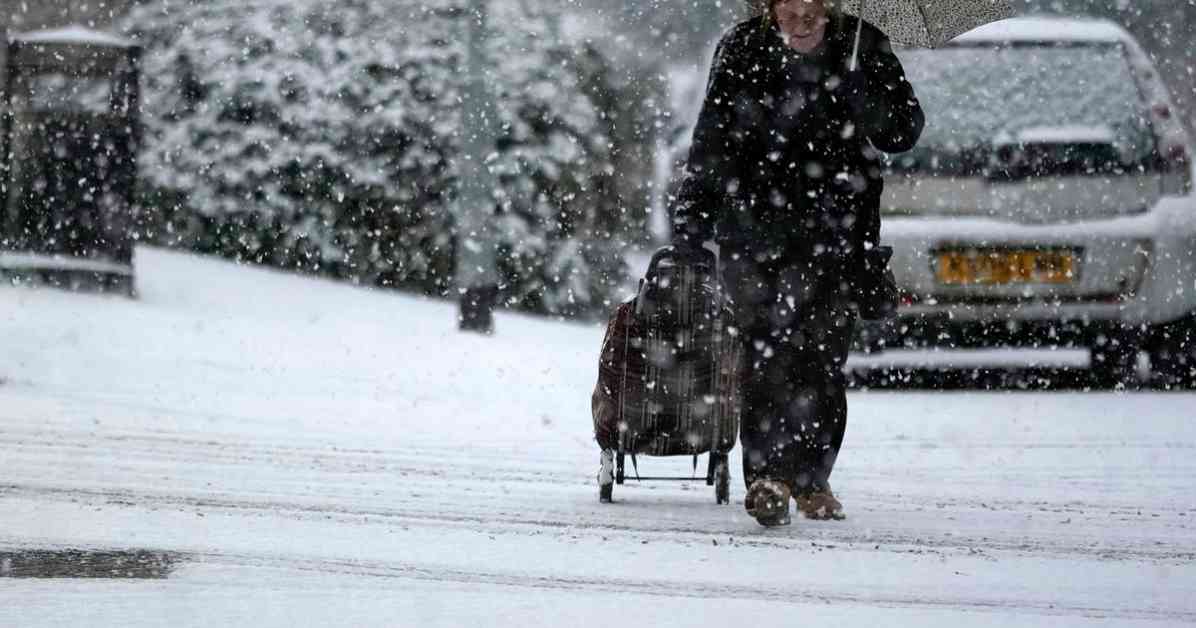Impact of Cold Weather on Health
As the UK grapples with freezing temperatures, snow, and ice, the health implications of cold weather cannot be ignored. The recent dip in temperatures, with a chilling -13.3°C recorded in Scotland, has led to road closures, school shutdowns, and travel disruptions across the country. While the picturesque snowfall may bring joy to some, the cold weather poses significant health risks, particularly for older adults, children, and vulnerable individuals.
Winter Bugs and Seasonal Viruses
During the winter months, the prevalence of cold and flu viruses skyrockets, posing a threat to public health. Factors such as spending more time indoors, reduced sunlight exposure leading to lower Vitamin D levels, and dry cold air affecting our body’s ability to fight off infections contribute to the increased spread of winter bugs. Dr. Chun Tang from Pall Mall Medical warns that cold temperatures can weaken our immune system, making us more susceptible to illnesses. With hospital admissions for flu quadrupling in England, it is crucial for vulnerable individuals to get vaccinated and stay warm to protect themselves.
Heart Health Concerns
The British Heart Foundation highlights the impact of cold weather on heart health, as blood vessels constrict to conserve heat, leading to increased blood pressure and heart rate. For individuals with pre-existing heart conditions, the added strain on the heart during extreme cold can exacerbate symptoms. To mitigate these risks, the BHF recommends limiting outdoor exposure in chilly weather and bundling up to maintain body heat.
Blood Clots and Accidents
The UK Health Security Agency warns of the heightened risk of blood clots in colder temperatures, as blood thickens, increasing the likelihood of heart attacks and strokes. To combat this, staying active and moving around can help promote blood flow and reduce clotting. Additionally, slippery conditions in winter can result in falls, particularly affecting older adults, leading to hospitalizations and long-term health consequences. Taking precautions to prevent falls is crucial for those at risk.
In conclusion, while the winter wonderland may seem enchanting, it is essential to prioritize health and safety during cold weather. By staying informed, taking preventative measures, and seeking medical advice when needed, individuals can navigate the frosty conditions with resilience and well-being in mind. Stay warm, stay safe, and take care of your health this winter season.



